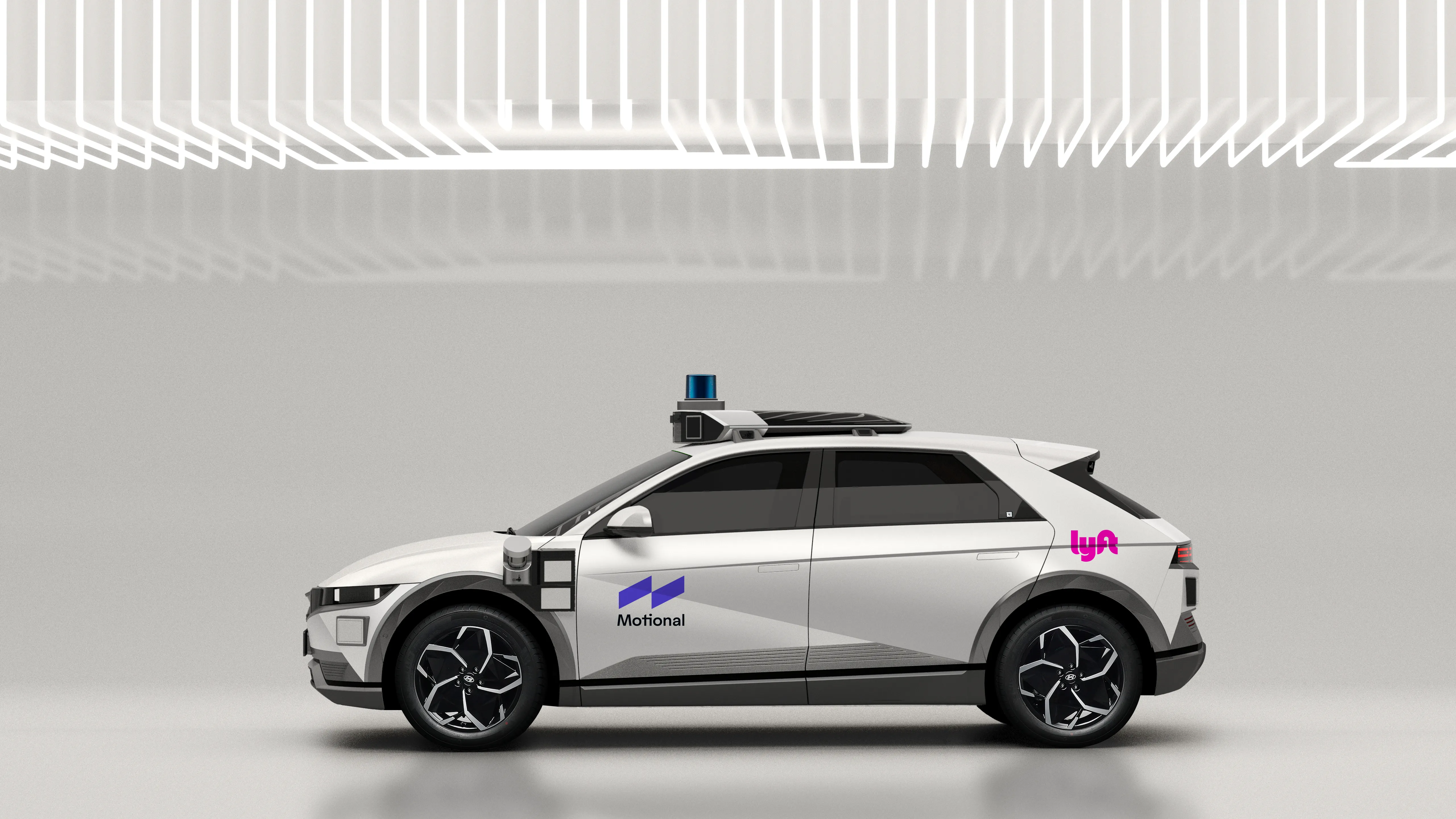Optimus Ride is to launch autonomous vehicle (AV) mobility services for residents and workers in Brooklyn, New York and Paradise Valley Estates in Fairfield, California.
The company says it will deploy the AVs (or ‘self-driving vehicles’, as it calls them) at the Brooklyn Navy Yard, a 300-acre modern industrial park, before June. The service will run on private roads, providing a loop shuttle service to connect NYC Ferry passengers to Flushing Avenue, outside the yard’s perimeter.
David Ehrenberg, president and CEO of Brooklyn Navy Yard Development, says: “Optimus Ride’s self-driving system will provide efficient transportation for the thousands of commuters who work at the yard.”
On the other side of the US, Optimus says it will start operating AVs in Paradise Valley Estates, an 80-acre gated community, this summer. Initially, the AV fleet will provide prospective residents with tours of the community. Users will also be to access the service to travel to and from friends’ homes and the community/health centre.
Kevin Burke, CEO of Paradise Valley Estates, says: “With Optimus Ride’s self-driving system, we can attract an increasingly tech-savvy population seeking independent mobility.”
Optimus to launch AV services in New York and California
Optimus Ride is to launch autonomous vehicle (AV) mobility services for residents and workers in Brooklyn, New York and Paradise Valley Estates in Fairfield, California.
The company says it will deploy the AVs (or ‘self-driving vehicles’, as it calls them) at the Brooklyn Navy Yard, a 300-acre modern industrial park, before June. The service will run on private roads, providing a loop shuttle service to connect NYC Ferry passengers to Flushing Avenue, outside the yard’s perimeter.
David Ehrenberg, presid
March 29, 2019
Read time: 2 mins








